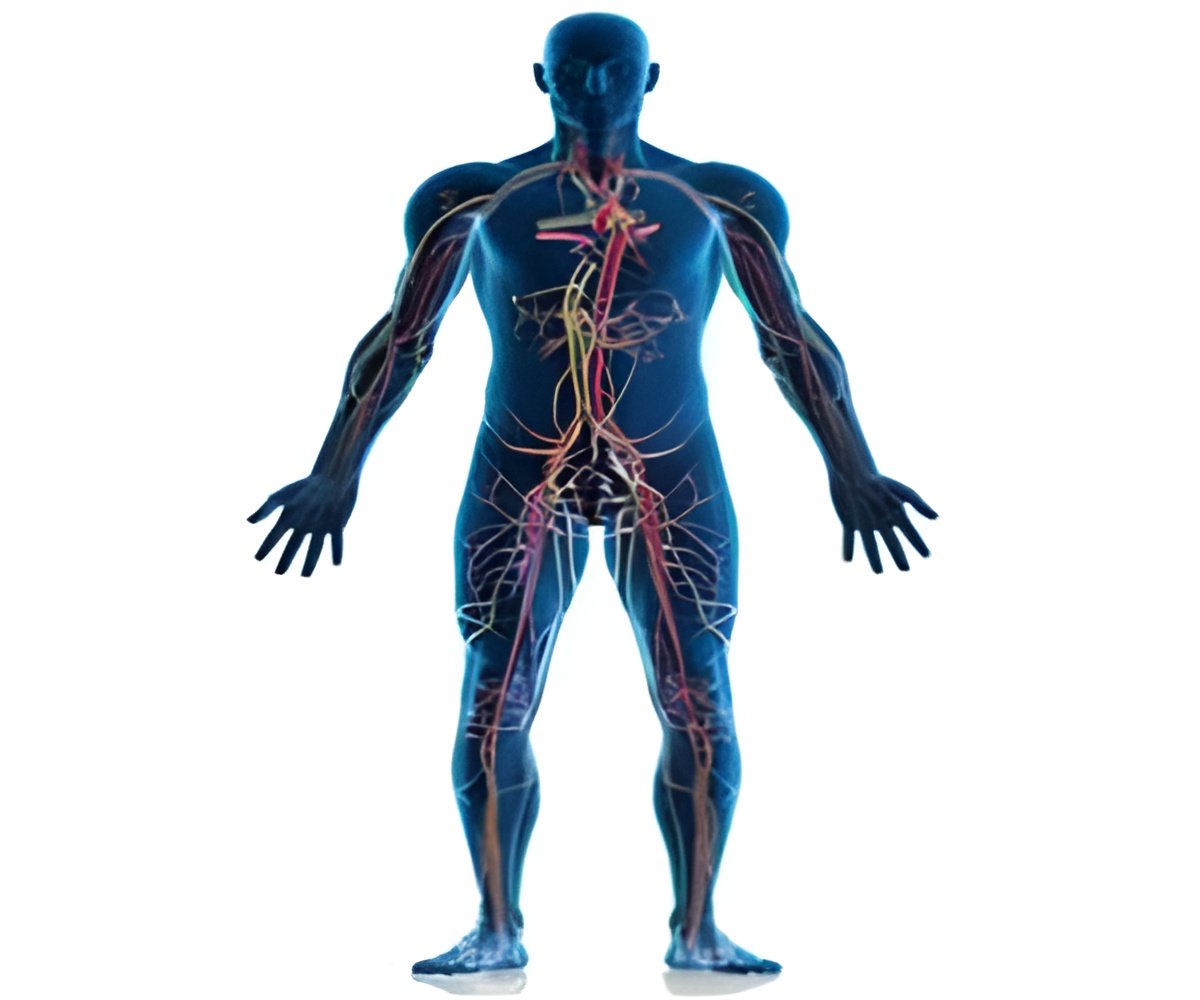
These are the first results to be published from the ongoing Oxford Study for Biomarkers in MND/ALS (BioMOx).
MND research is being held back by the lack of an early diagnostic test and predictable markers of the progression of the disease - biomarkers.
Patients still wait too long for a certain diagnosis of MND and clinical trials are hampered by lengthy study times and variability of the disease between people living with MND. If MND biomarkers can be identified then they could dramatically improve the speed and accuracy with which MND can be diagnosed, and how future treatments are assessed.
This study used an advanced magnetic resonance imaging (MRI) technique, to look for areas of the brain that are universally damaged in patients with MND as compared to healthy controls. From this, Dr Martin Turner and colleagues at the University of Oxford found a unique similarity of nerve damage in a region of the brain that connects the motor neurones to the brain as well as damage to a region that acts as a connection between the left and right sides of the brain known as the 'corpus callosum'.
Talking about the study findings, Turner said: "The finding of a common pattern of nerve pathway damage in a varied group of MND patients holds the promise of a much needed biomarker.
Advertisement
Dr Brian Dickie, director of research development at the MND Association, adds: "MRI scanning provides an exciting 'window on the brain', allowing researchers to link the changes occurring in the central nervous system with the 'real world' symptoms of MND. Understanding these changing events is going to be central to the development of future treatments."
Advertisement
Source-ANI










